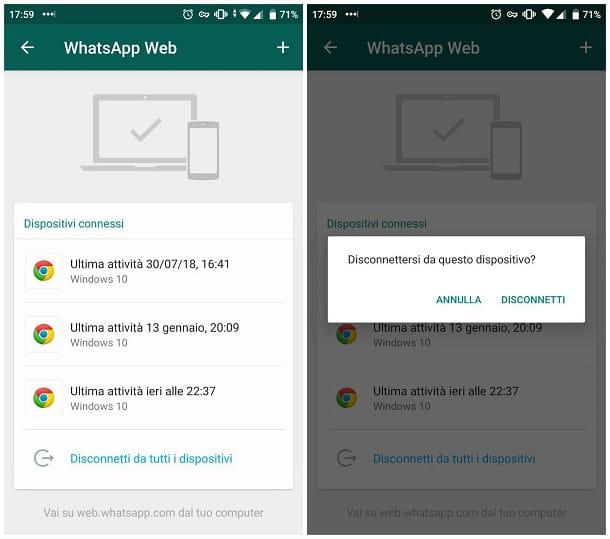Even though Apple defines its iOS mobile operating system as "intrinsically safe", the truth is that iPhones can also be victims of hacker attacks which, especially through a malware infection, can lead to a hacked iPhone in hand. .
The methods to hack an iPhone, after all, are the same as those used to attack an Android smartphone: phishing e-mails with links or attachments that infect the device, "man in the middle" attacks, often via a backdoor, or just the good old infected app. Once "entered" in a user's iPhone, the hacker can do almost what he wants and, if he is good, it is very difficult for the owner of the phone to notice it soon: the symptoms are there, but if not them go look for them to be noticed only after some time Here are the most evident of these symptoms, which can help us understand if the iPhone has been hacked.
Do you want a new iPhone? Consult here the offers of the providers:

Abnormal battery consumption
In a compromised iPhone, the hardware has to handle two types of requests: those of the user, which are seen, and those sent remotely by the hacker (or caused by the malware used to infect the smartphone), which are not seen. Both, however, impact the battery. So if we don't usually make very intensive use of the iPhone but, overnight, the battery lasts much shorter, there may be something wrong. By going into the battery settings of the iPhone, therefore, we can check which apps or services are consuming the most energy: if most of the energy is used by services in the background, then this is not a good sign.
Abnormal consumption of the telephone plan
Infected smartphones are often used to spread viruses to other devices. Usually by sending SMS. Checking the list of outgoing messages, therefore, is something that should be done often. If we are being charged for unsent messages (or worse still, if we have hundreds of free SMSs available but we ran out of them), it means that our iPhone is sending infected messages without our knowledge. Other viruses, on the other hand, secretly make phone calls to toll numbers or activate subscription services without our knowledge.
Abnormal slump in performance
To do all this, a hacker or a virus consumes, in addition to energy, also CPU power and RAM memory. And therefore the control activity of our Apple smartphone has a negative impact on the performance of the device. Sometimes this impact is so high that it can be noticed "with the naked eye", other times the hacker is smarter and avoids getting caught due to too high an activity. It is always better, however, to go into the settings every so often and check the usage time: not only to see if there is excessive consumption of hardware resources, but also to know which app or service is causing it.
